A senior official of the Communist Party of China warned on Wednesday against overstretching the concept of security, saying that such a practice would erode the foundation of common development and make the global security dilemma more acute.
Liu Jianchao, head of the International Department of the CPC Central Committee, made the remarks at the opening ceremony of the third Wanshou Dialogue on Global Security, which was hosted in Beijing by the Chinese People's Association for Peace and Disarmament.
Liu said that when pursuing security, countries need to bear in mind that humanity as a whole rises and falls together.
"Countries should not simply put security above everything else, label everything as security related, or break the balance between security and other issues like development and governance. ... Such a practice cannot address security challenges, but only makes things worse and further undermines global peace and stability," he said.
Liu emphasized that the practice of building "small yards and high fences", seeking decoupling and cutting supply chains undermine international trade, segment the global market, and disrupt global industrial and supply chains.
Noting that no country can achieve unilateral security or absolute security in isolation, he highlighted that only with common security for all can the world be a truly safe and secure place.
No country should place its own security above other countries' security, put up its own fence at the doorstep of others, undermine others' security interests or squeeze others' security space, he said.
Liu called for embracing common security, sticking to openness and inclusiveness, and strengthening solidarity and cooperation to make the world a better place.
"In terms of areas of cooperation, we could start with the easier and less sensitive ones, such as climate change and counterterrorism, and gradually enrich the content of international security cooperation," he said. "In this way, a balanced, effective and sustainable security architecture can be established."
Liu urged major countries to shoulder key responsibility in upholding global security and to act in a way that fits their status. "They should take the lead in upholding the basic norms governing international relations based on the purposes and principles of the United Nations Charter, and provide more public goods and more certainty to global strategic stability and world peace."
The international experts attending the dialogue commended the Global Security Initiative proposed by President Xi Jinping, and called for international cooperation to address global security challenges.
Moon Chung-in, former special adviser for national security to former Republic of Korea president Moon Jae-in, said that the Global Security Initiative, which calls for common, comprehensive, cooperative and sustainable security, bears important implications for the diffusion of the collective security system.
He called for concerted efforts to prevent the return of the old Cold War system, especially in East Asia. "For example, extension of NATO in East Asia does not seem desirable. Multilateral security cooperation efforts should be restored in the region," Moon said.
George Yeo, former foreign minister of Singapore, said the world is entering a period of moral confusion, with all of its attendant risks. "We must confront our common dilemma and not allow mutual suspicion and miscommunication to lead to our common ruin," he said, calling for dialogue to find win-win outcomes.
Doug Bandow, who was special assistant to former United States president Ronald Regan, called for dialogue between Washington and Beijing to address the source of insecurity.
"Whatever our disagreements, to my mind, it should be clear to both governments that it is inconceivable that we would ever come into conflict," said Bandow, who is currently a senior researcher at the Cato Institute, a U.S.-based private nonprofit organization devoted to public-policy research.








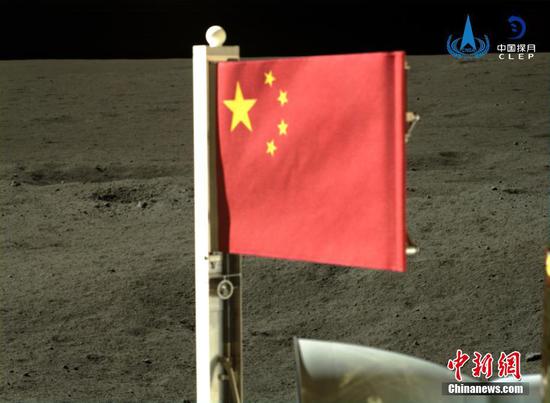
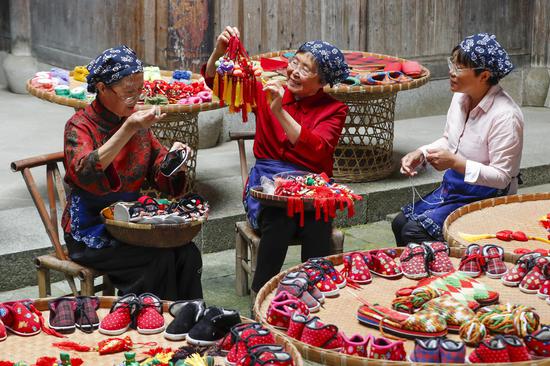
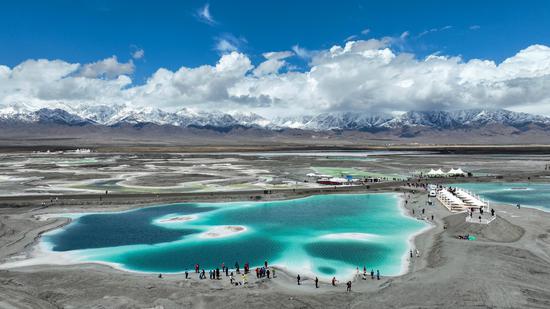
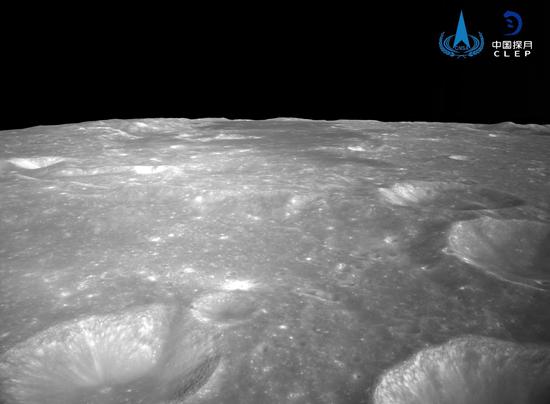
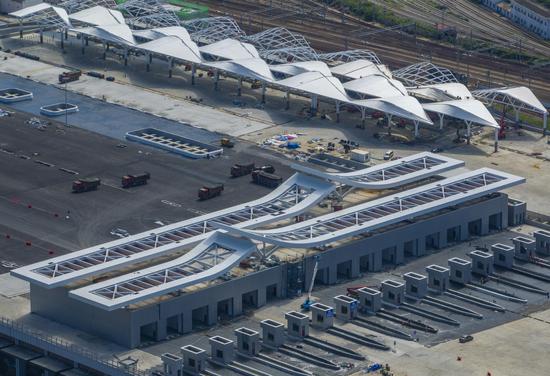
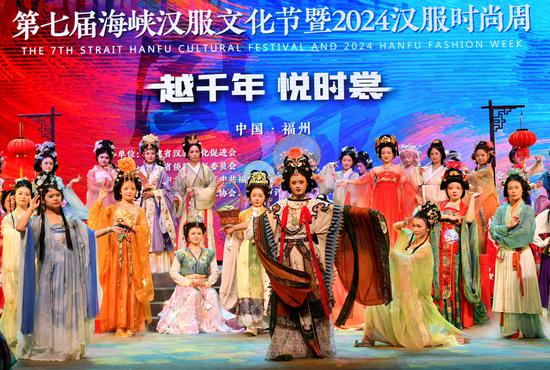

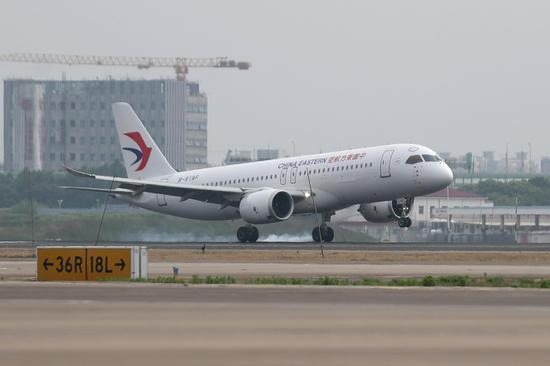
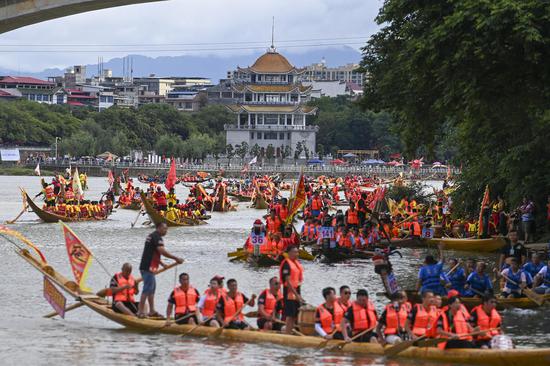
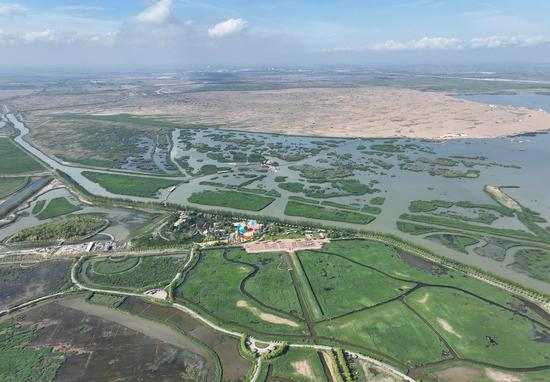
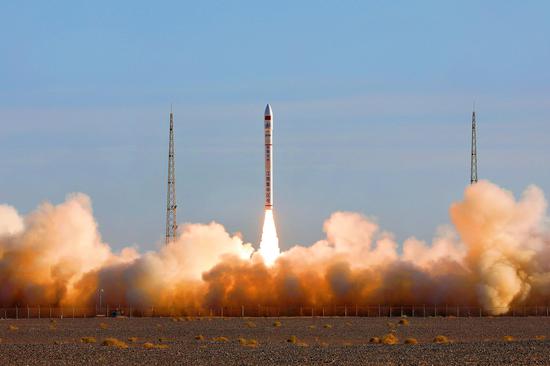
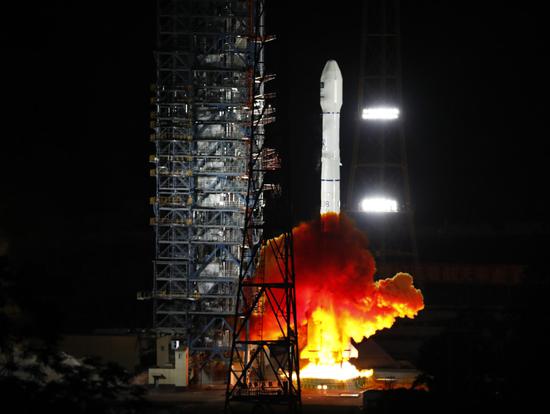

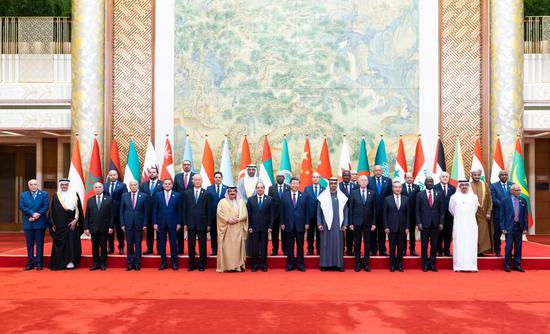
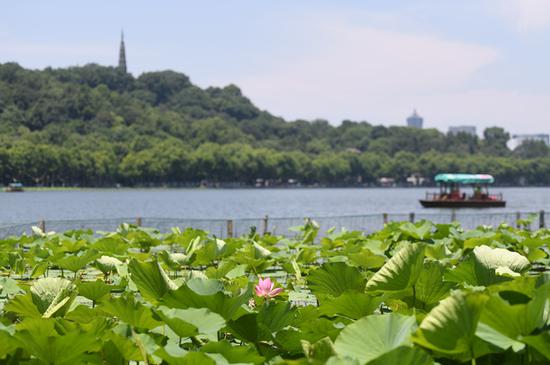
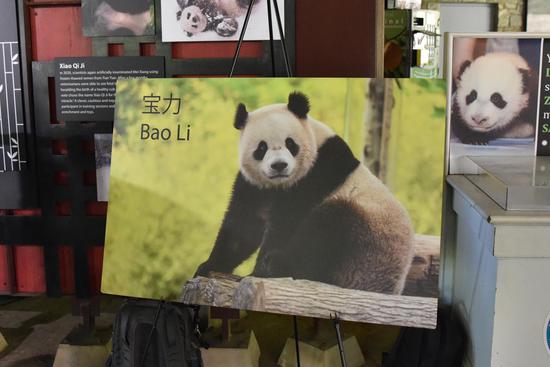
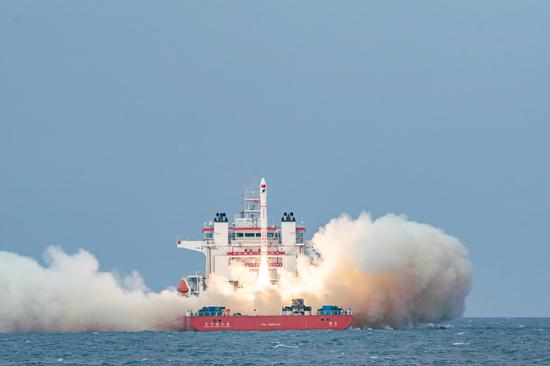
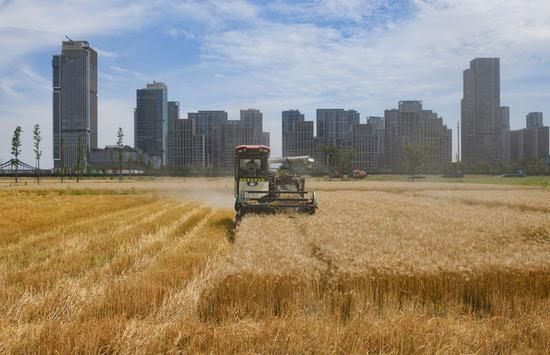
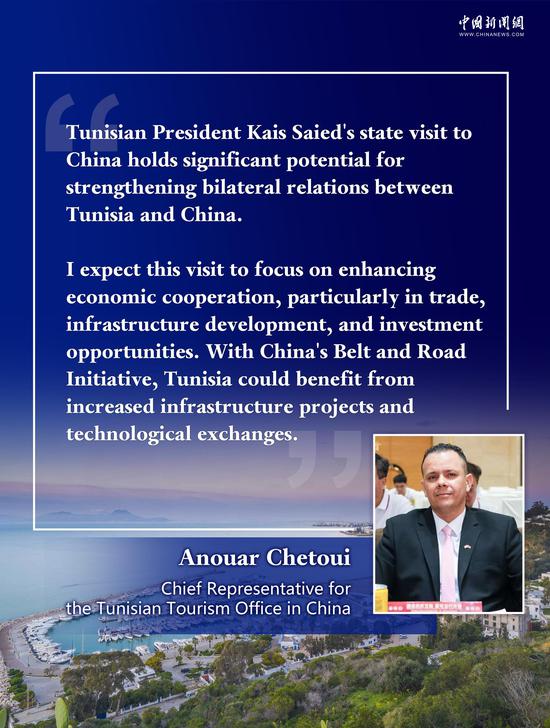
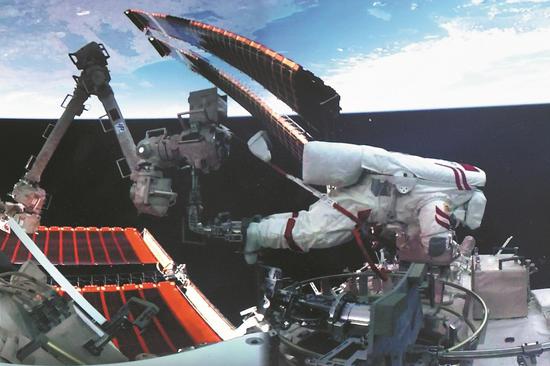

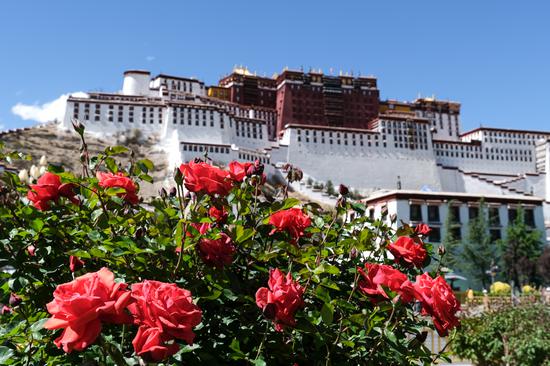
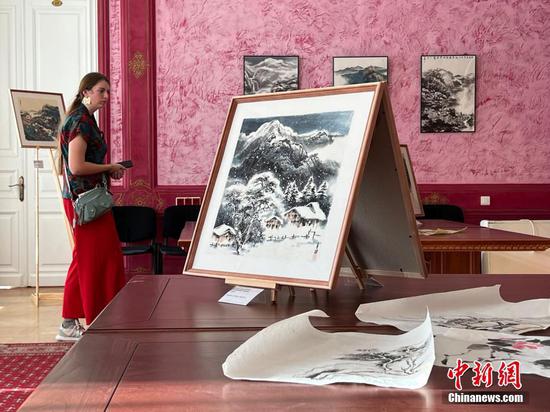

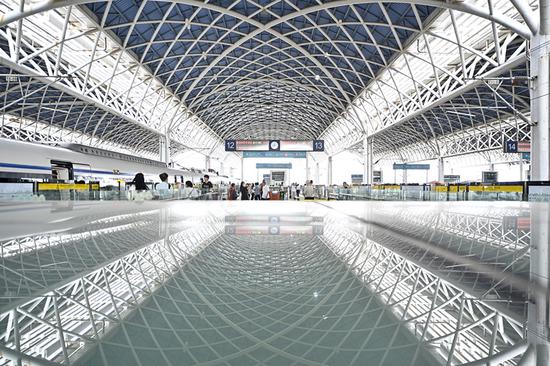
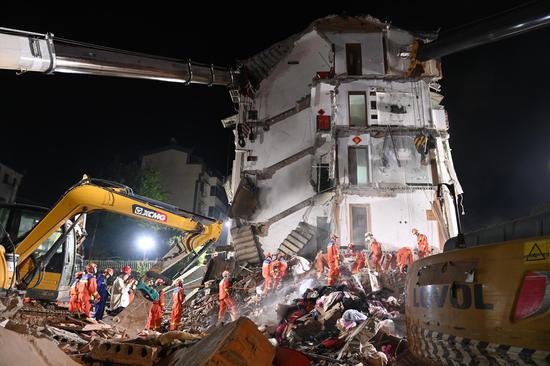
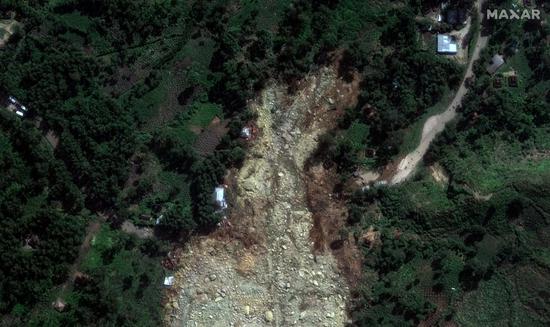

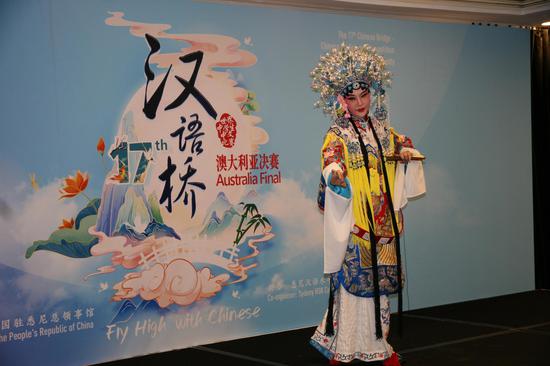
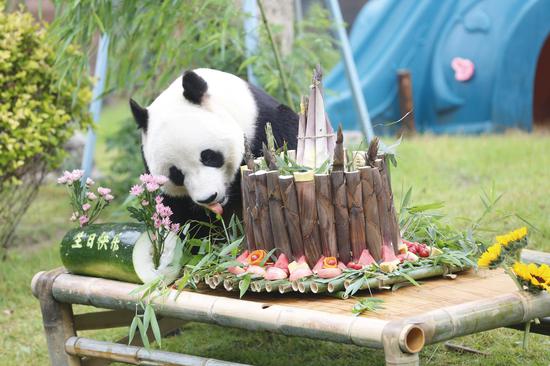




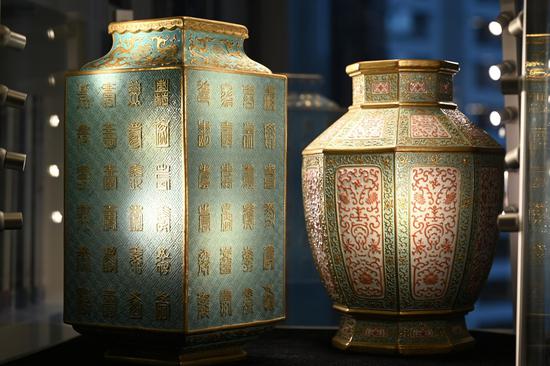
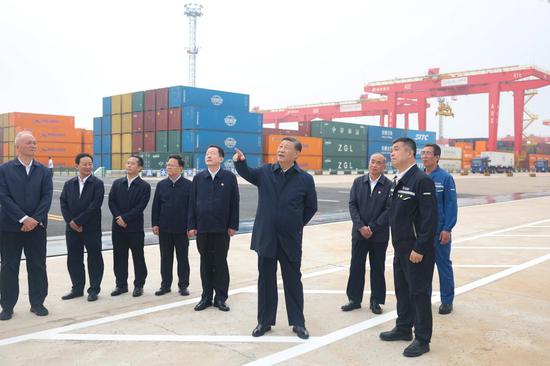


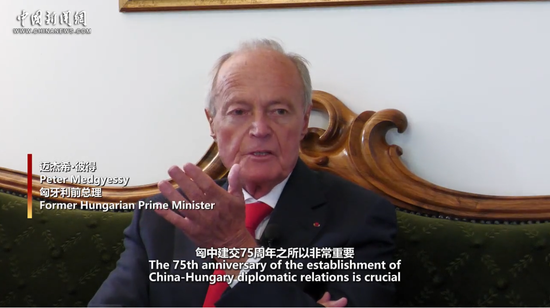

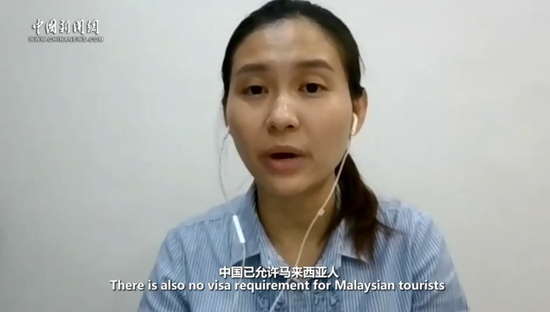

 京公网安备 11010202009201号
京公网安备 11010202009201号